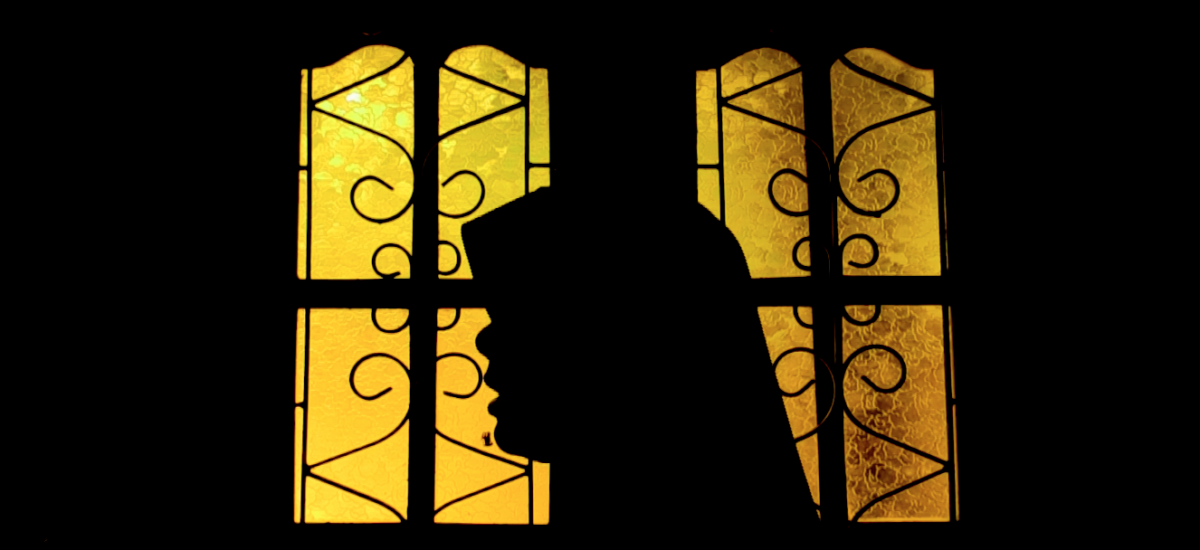Groundviews was sent a copy of the Justice Saleem Marsoof (JSM) Committee report on the Muslim Marriage and Divorce Act (MMDA), leaked from a reliable source. Download it here.
The Marsoof Committee was appointed in 2009 by the then Justice Minister Milinda Moragoda, in recognition of the call for reform of Muslim personal law. After lengthy deliberations and many years later, a copy of the Committee’s report was finally handed over to the Minister Thalatha Athukorale on January 24, 2018.
However, the report has not been officially made public to date.
The report has made several recommendations on several issues, including enhancing the status of Quazi courts and Quazis, reforming the Muslim Marriage and Divorce Advisory Board (MMDAB), the appointment of women as Quazis as well as registrars, assessors, counsellors and to the MMDAB, the registration of marriage, the age of marriage, polygamy, divorce and the appearance of attorneys-at-law for witnesses.
Groundviews has extensively covered the impact that the Muslim Marriage and Divorce Act has had on the community, particularly on women. These include personal testimonies of women, in collaboration with Maatram who described struggling to support their families on maintenance payments or being abandoned by former husbands. Several of these women also had to travel long distances for their cases to be heard – and some of their case documentation also went missing, forcing them to make multiple trips in order to receive redress.
It also notes the conflict and lack of consensus many members had in deliberating over the report.
A cursory reading indicates that among the recommendations made by the Committee are,
- bringing marriage registration under the Marriage Registration Ordinance (albeit only as a last resort and if amending the MMDA Act in a way which remedies discriminatory provisions in a manner satisfactory to all parties fails),
- to elevate and strengthen the Quazi system to the status of a court,
- for Quazi members to be Muslim attorneys-at-law with sound knowledge of Muslim law, and with qualifications determined by the Judicial Services Commission.
Some issues were more contentious than others. Unanimity could not be reached on the appointment of female Quazis despite calls for more equal representation within the Quazi system. However, the Committee has recommended removing the word “male” from the relevant Sections in the Act which explicitly excluded women from being appointed to Quazi courts.
Other recommendations were on divorce and maintenance payments after divorce. With regards to maintenance payments, the Committee recommended that the burden of proof on monthly income fall on the part of the husband, and that several factors be considered when calculating these payments – including the socio-economic status and educational attainments of the wife, the duration of the marriage, and the availability of other means of support for the wife. The Committee also had recommendations to allow for khula divorce – without a husband’s consent, where the wife had an ‘incurable aversion’ to her husband.
It also recommends that marriage registration be a pre-condition to the validity of a marriage – given that many child marriages and polygamous marriages remain unregistered. There were special recommendations to prevent the abuse of polygamy, and ensure that such marriages allow for equal treatment and adequate financial support. Another recommendation was around the official consent and signature of the bride on the marriage certificate.
Groundviews has redacted several sections of the report containing personally identifying information, including affidavits, personal testimonies, email addresses and birth certificates. We do not believe these redactions take away from the substantive parts of the report and its recommendations.
PDF of the report here.

